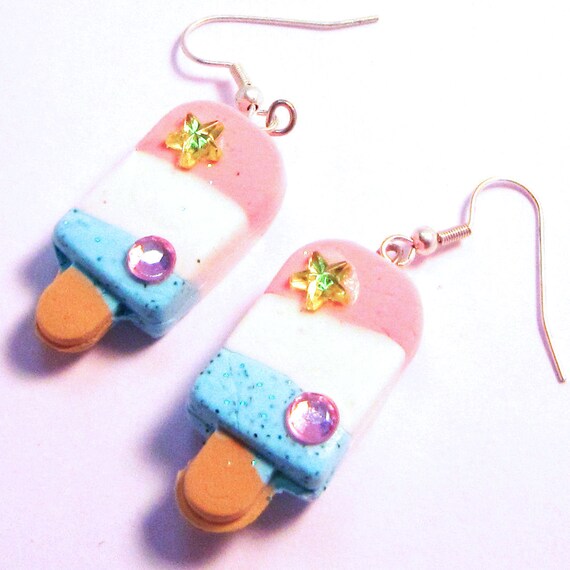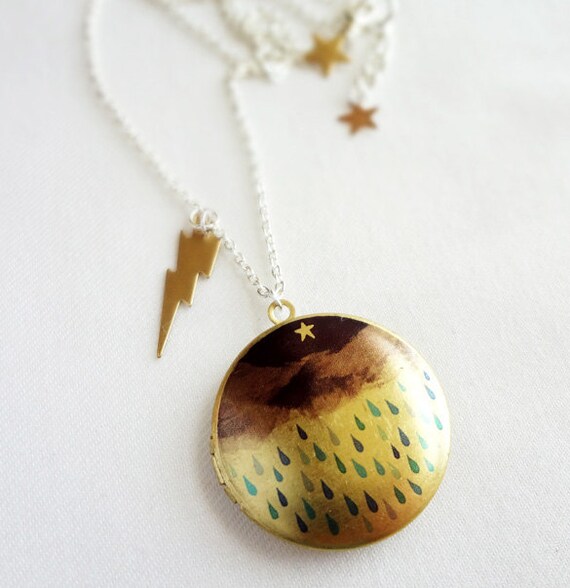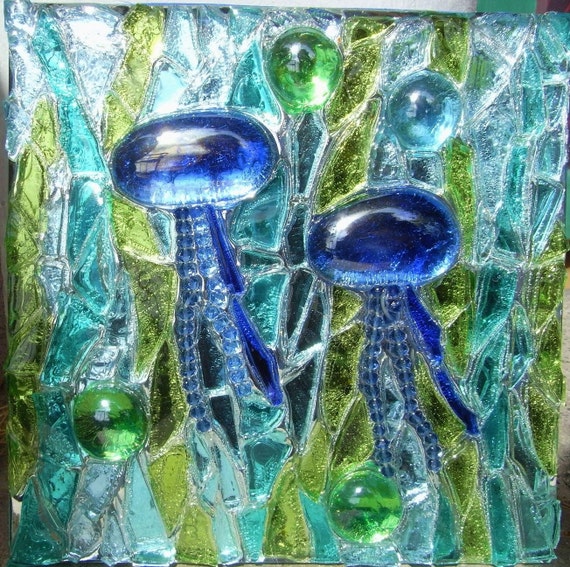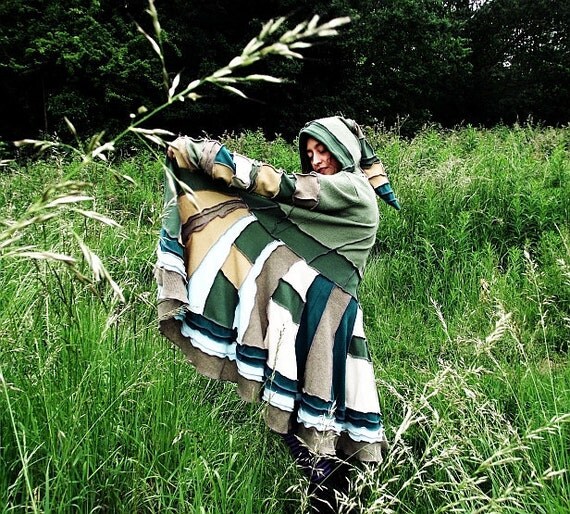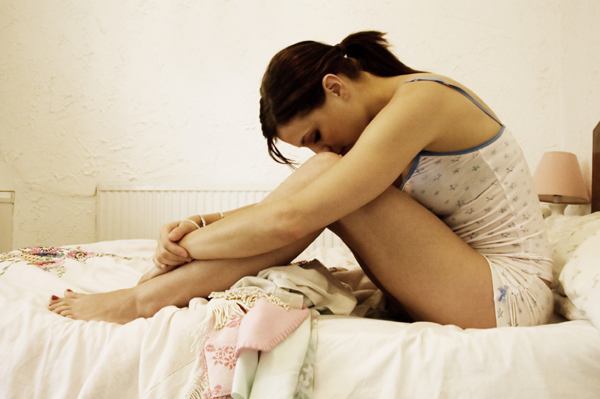But... this habit has also left me in the cheapo-corner a bit too much. There are things that are not easy to buy secondhand, especially now that I am not living within foot's reach of several of these shops anymore.
The problem I've talked about and that brought this matter to my attention was shoes. I realised that if I really need something and can't go with "reduce-reuse-recycle", I have to push myself to buy quality stuff.
Now today I came across an article on Curiosity. com called "How could buying green ever be bad for the environment?" Well, how could it?
"Environmental experts worry that while buying green may lead to more guilt-free shopping, it will lead to more shopping, nonetheless."
Even if we have the best of intentions; we have been raised to be consumers, and we like easy solutions because mother nature made us lazy. We read about a good brand or a 'green' store, or that buying secondhand is ok and our mind goes something like "right, easy, I just buy *this brand/at this store/secondhand* and I can still shop as much as I want, it will be green."
It's not.
Consuming can never be green.
"The idea that buying products can lead to sustainability is actually misleading, because it can yield increased consumption, which is bad for the environment regardless of whether the product is green."
Of course, shops, brands and companies know us almost better than we do ourselves, and they have jumped on the bandwagon of our ecofriendly consciousness.
"The movement to buy green, or eco-friendly, products typically manifests in what environmental experts call "small step movements," urging consumers to purchase products marketed as environmentally safe. These purchases might serve to make the consumer feel better, like they're enacting positive change for the environment, but may have inadvertently negative effects."
Even with the most normal items and with organic certificats that can be widely trusted, organic is not always the best option:
"Similarly, scientists have found that the transportation of mass-produced food -- which occurs in bulk -- can create less pollution and carbon dioxide than the distribution of organic foods, which occur more frequently in smaller batches."
Sorry humans, there is no easy way. And there is no way you can leave your brain switched off and just follow the big green umbrella the way our nice, greenwashed capitalist cooperations want you to believe. It's thinking and balancing and deciding for the smaller evil and tripping and getting up again and changing directions and being fooled and working hard and catching up and making yourself smart
all.the.time.
That's just the truth... It may seem hard but hey: Don't worry, it's what we were born to do. Or why else would we have a brain to think our own thoughts? Please don't be a consumerism zombie. And don't be an organic-is-all-I-eat-and-so-I'm-better-than-you-zombie either, it doesn't do any good for anybody if you're anything else than the clever, think-for-yourself individual who realises that there is only one earth.
Read the full article.
Oh, and for those who don't know it yet, or haven't watched in a while: Please, please watch this video:
(Did you ever realise, that it has become more and more normal to wish each other "happy shopping!"?? Crazy!! Well, I won't... I'll say....)
Happy thinking! ;o)









